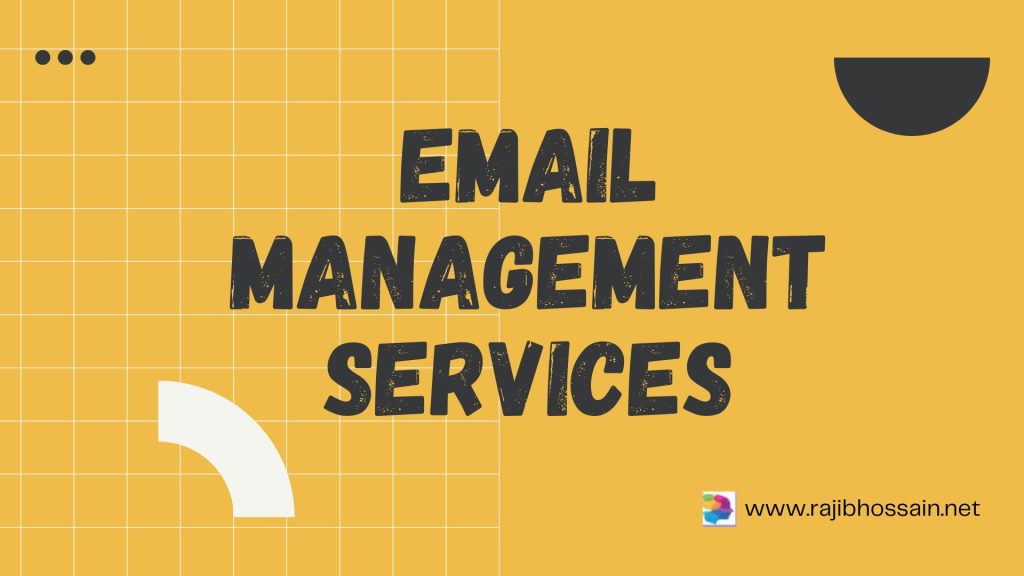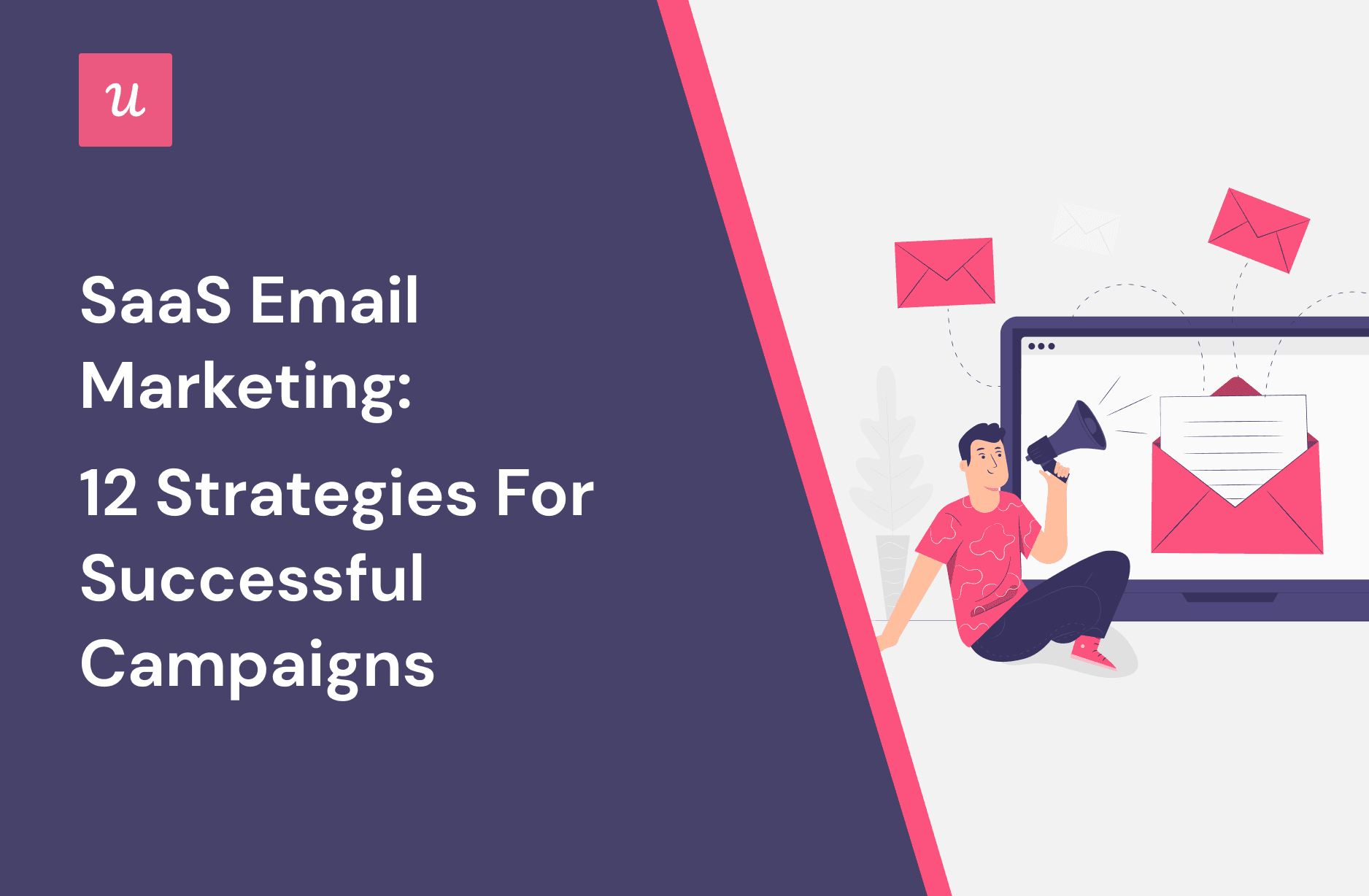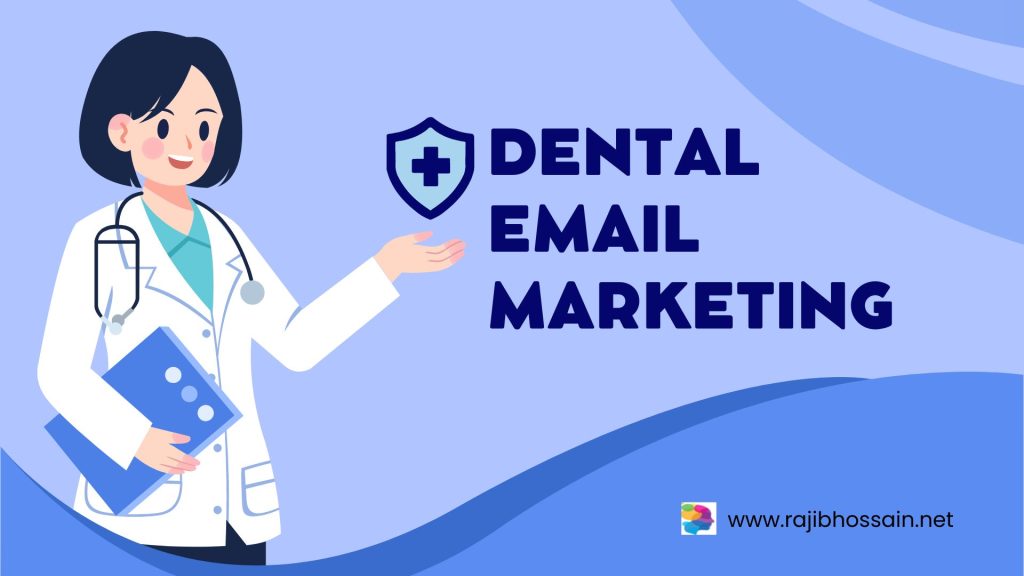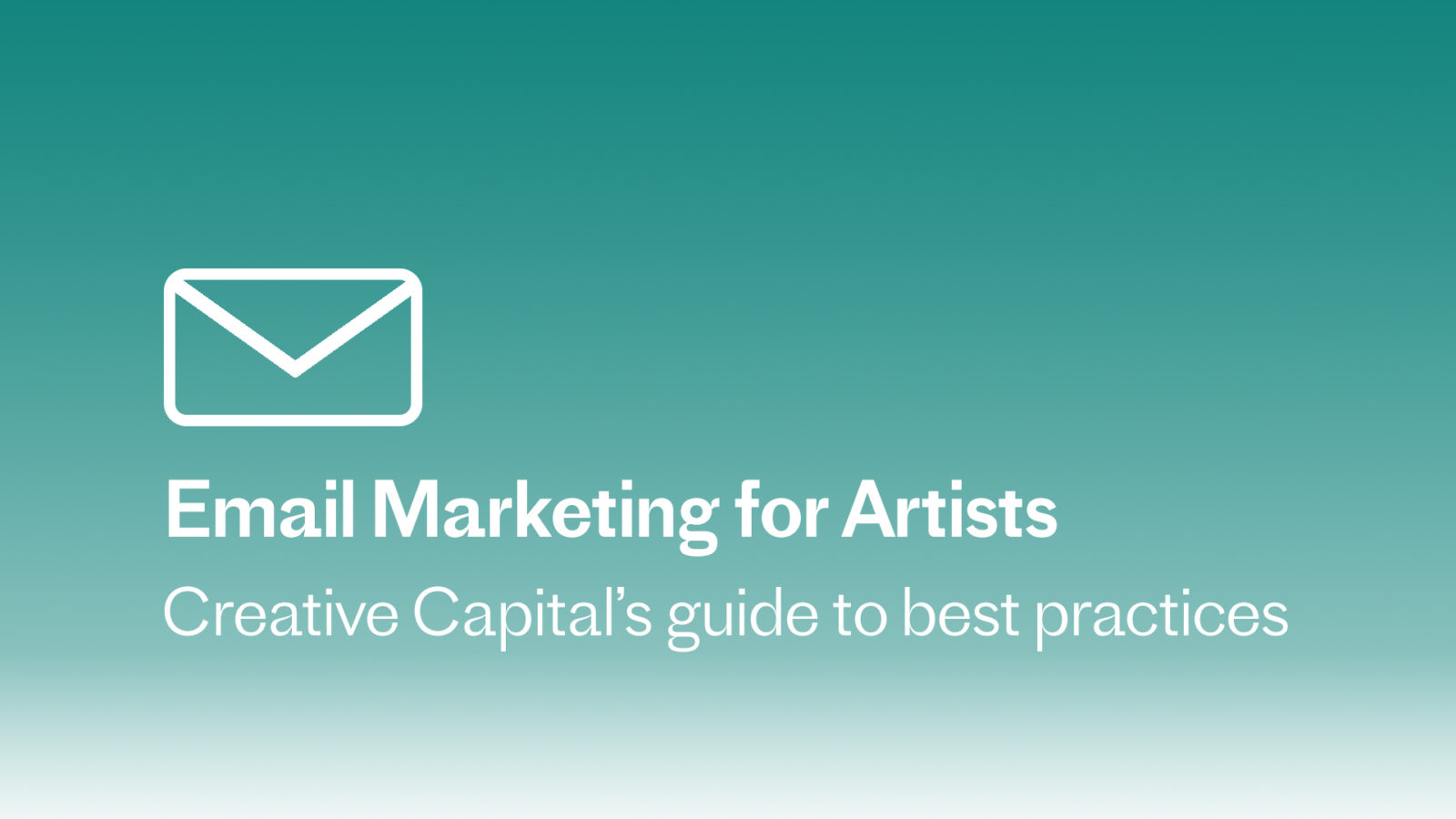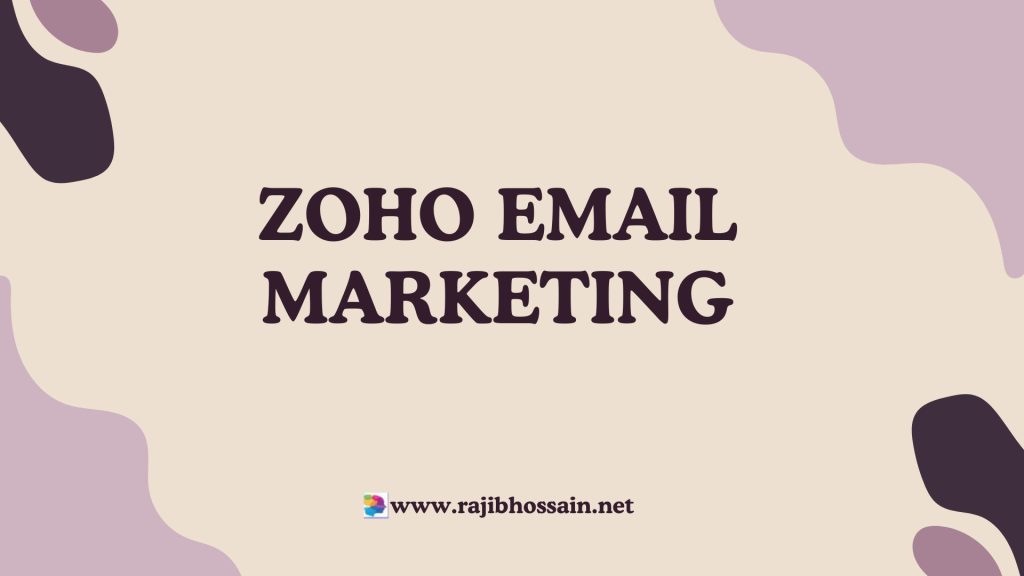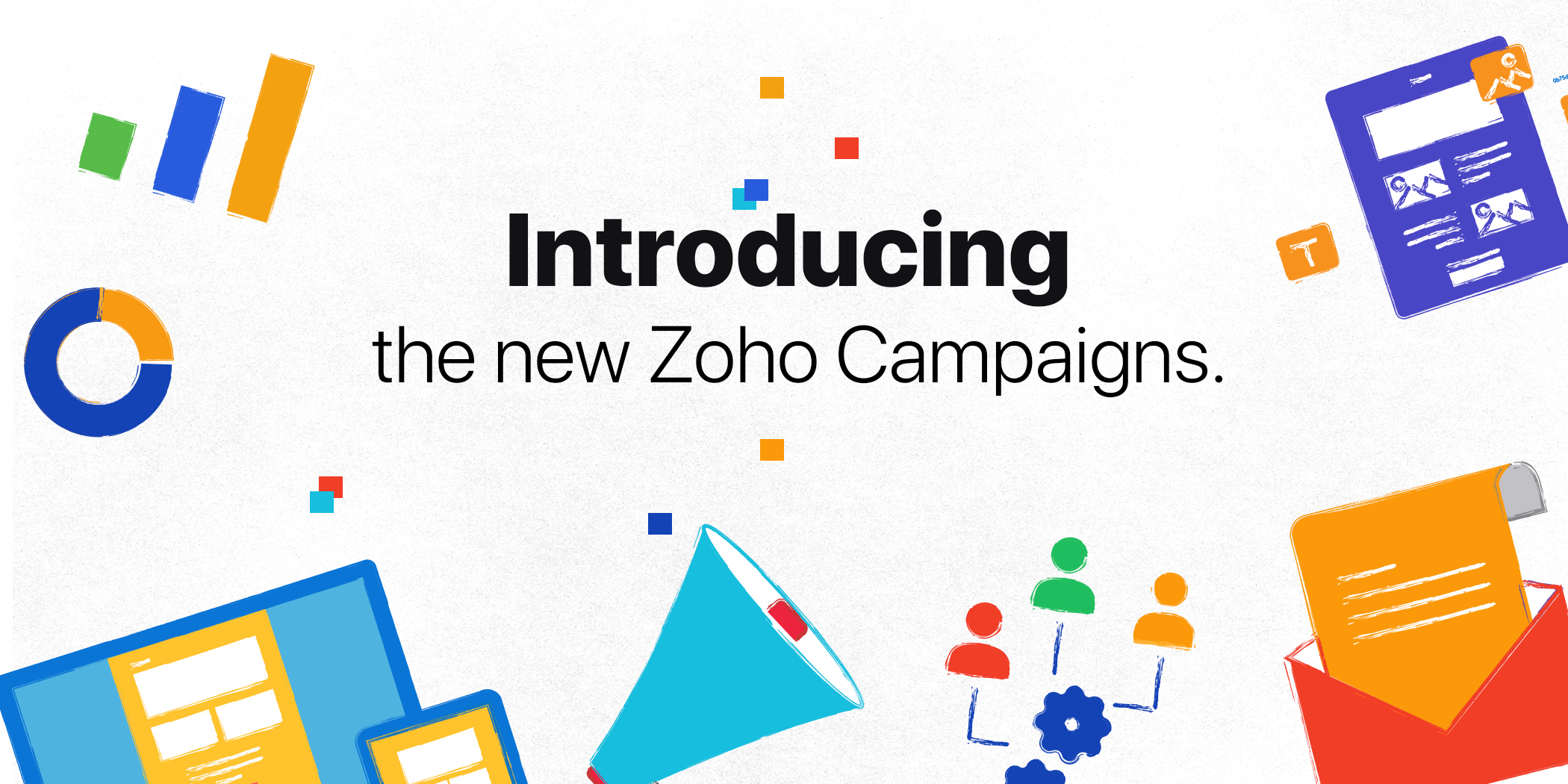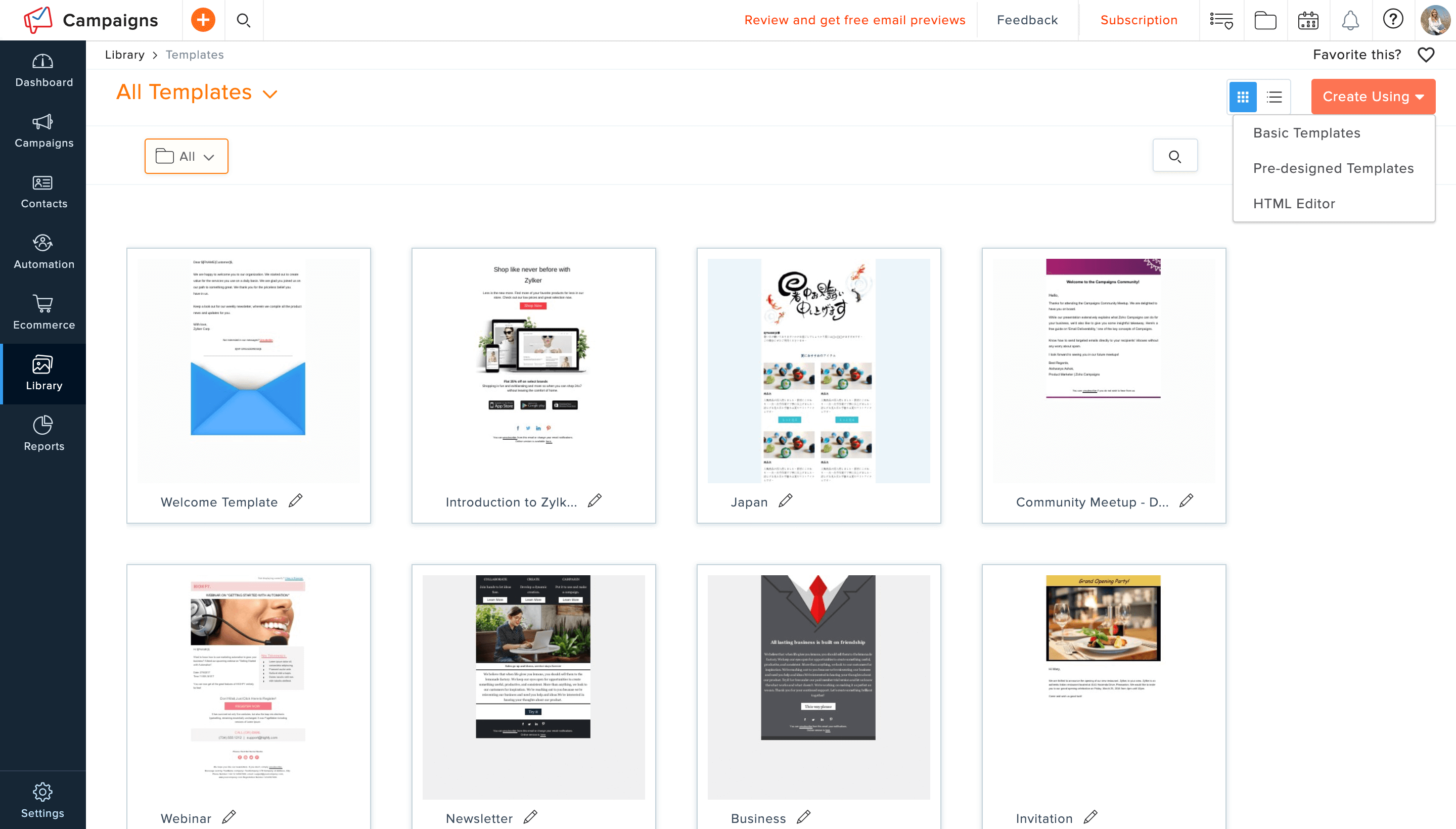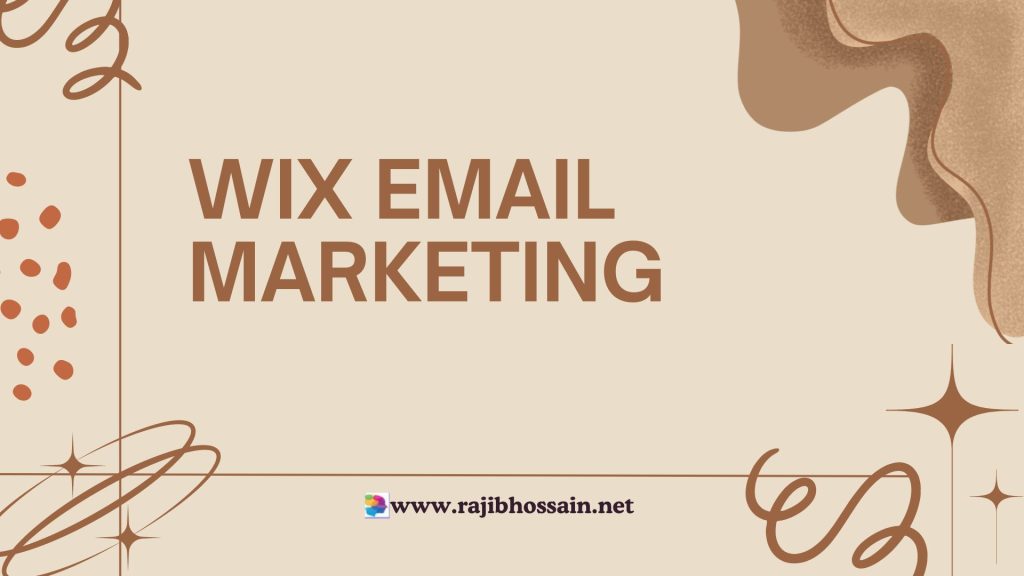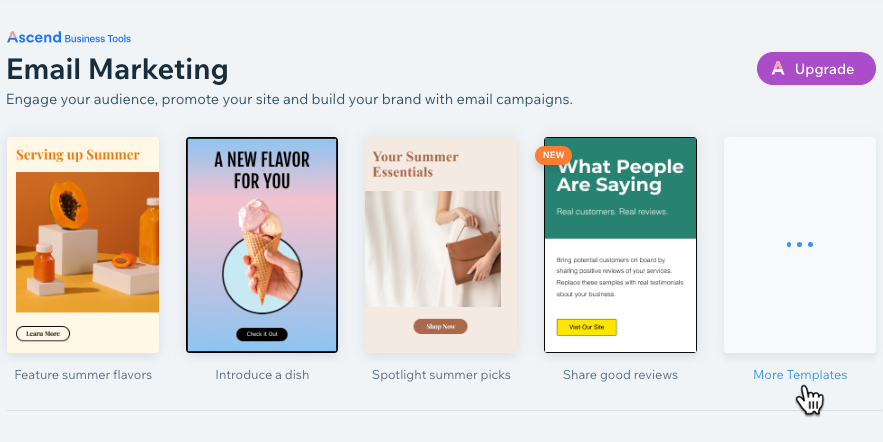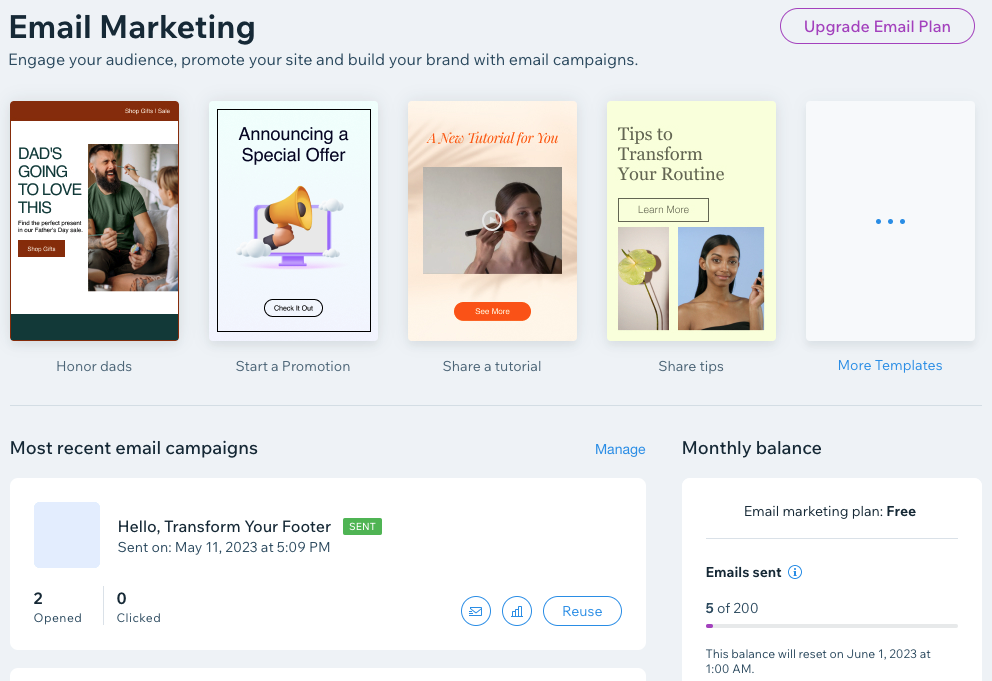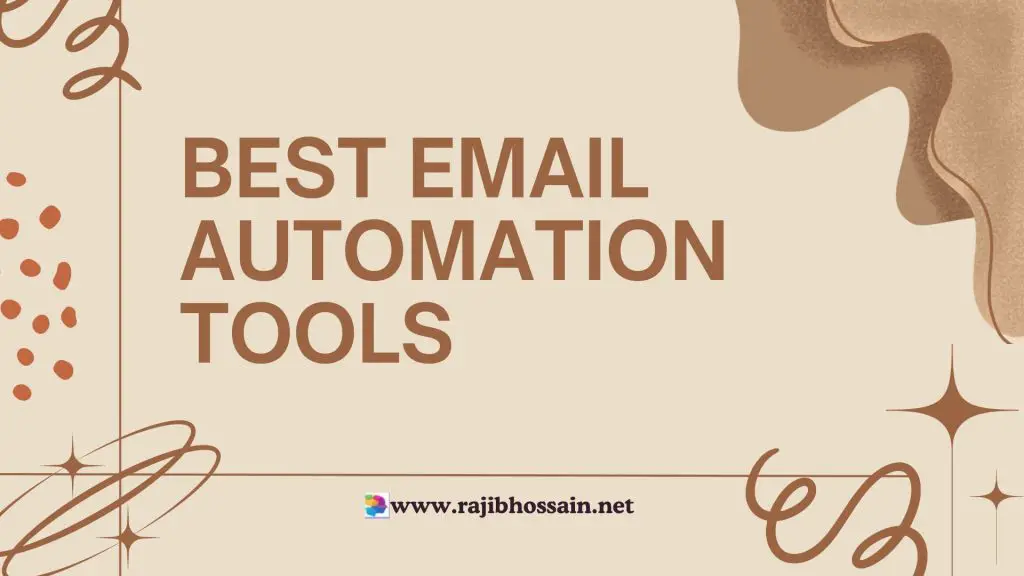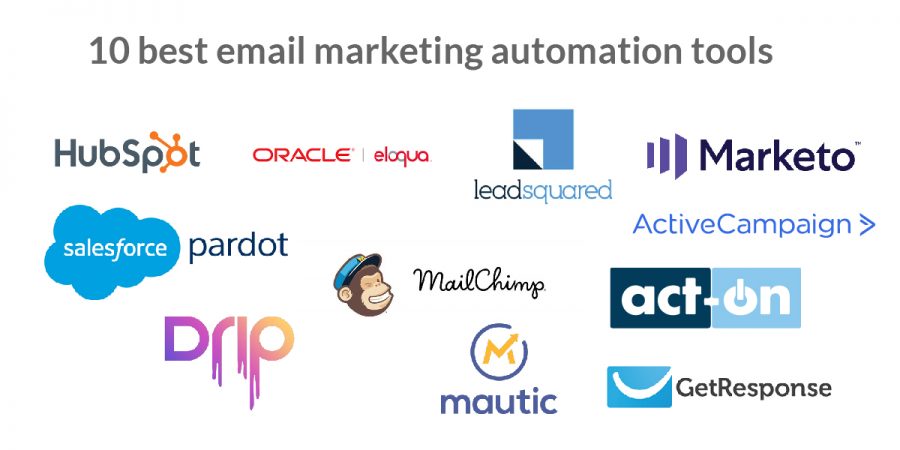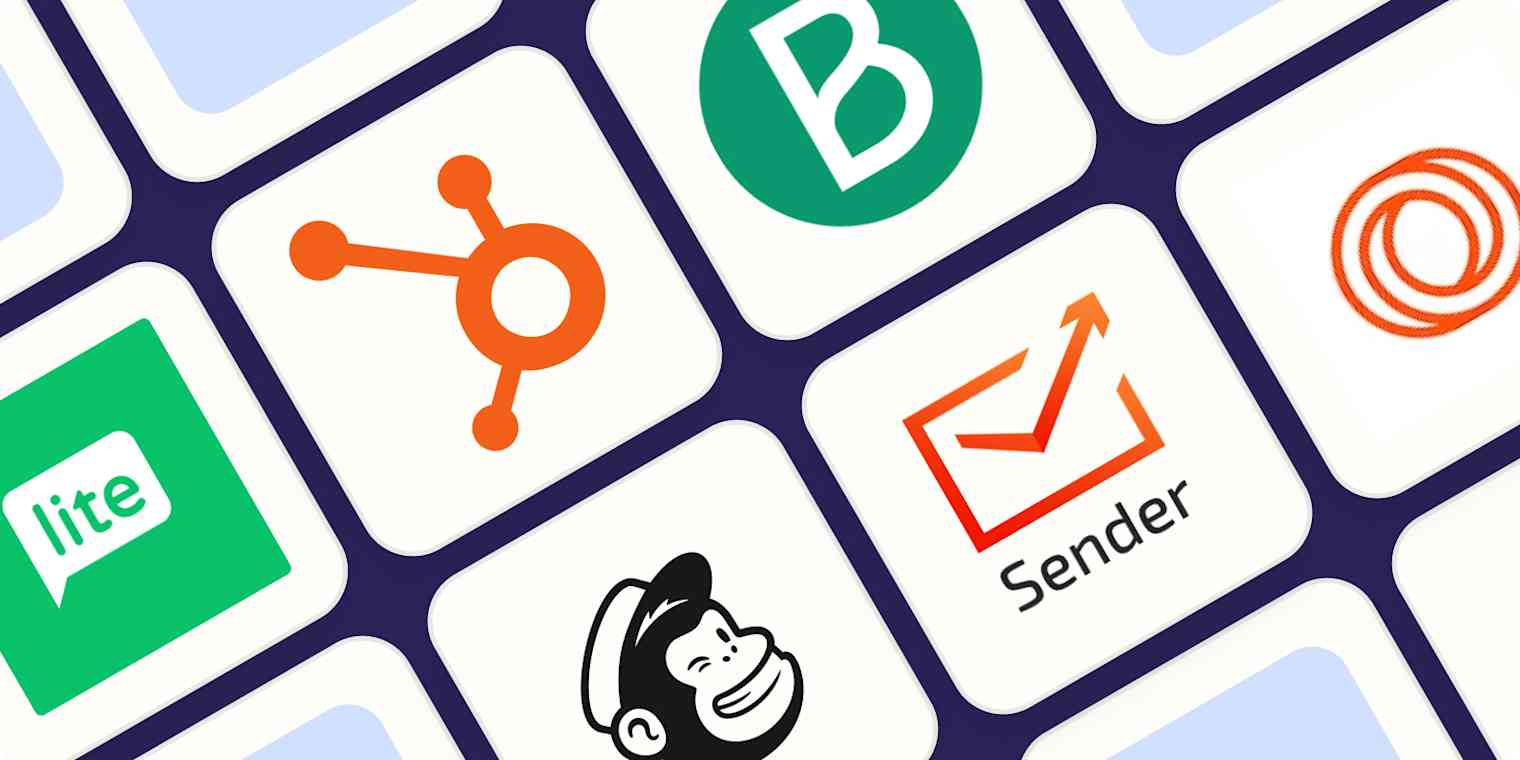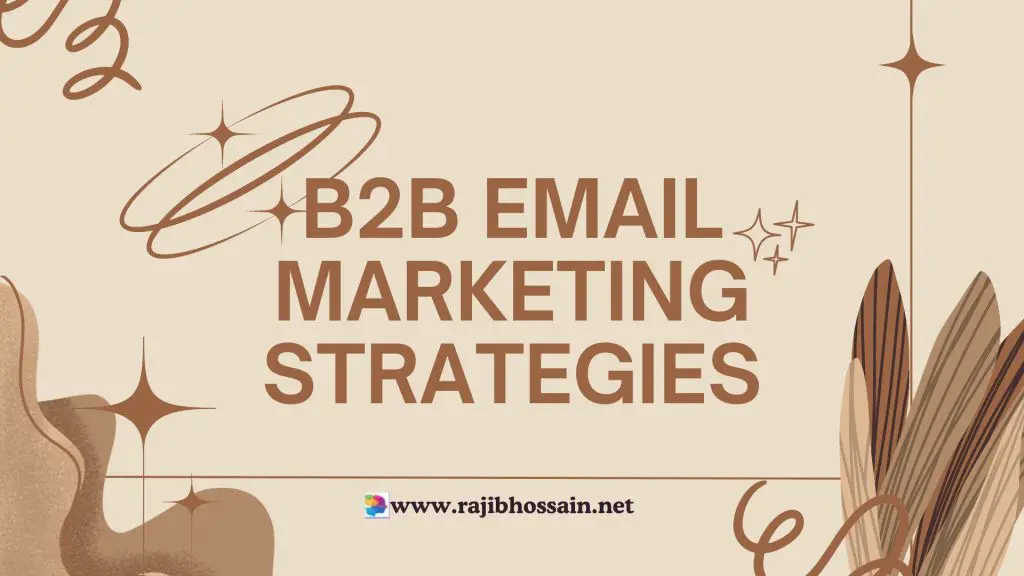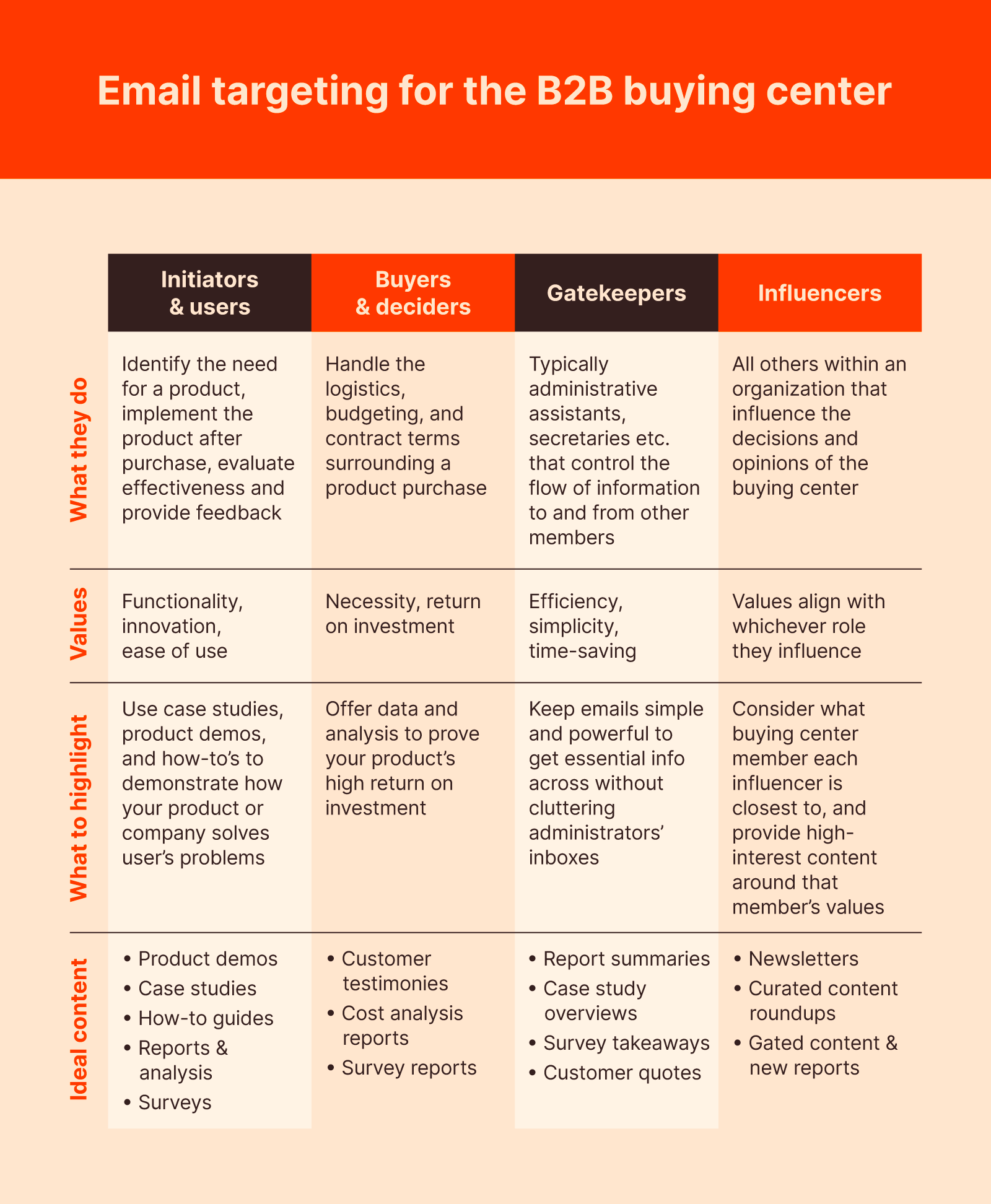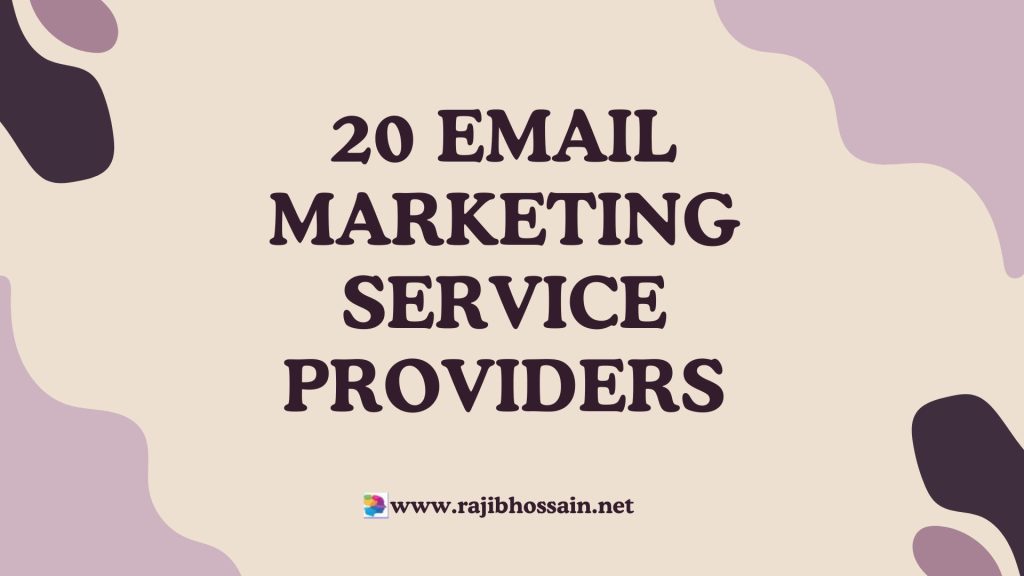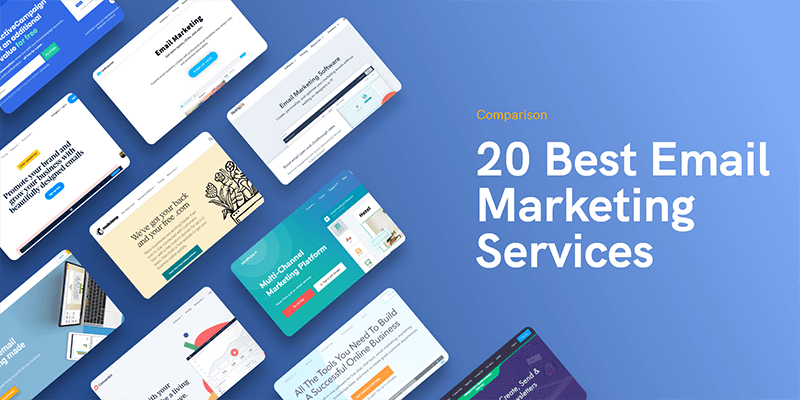
Email marketing for medical practices helps build patient relationships and improves appointment bookings. It offers a cost-effective way to share health updates.
Email marketing is essential for medical practices aiming to maintain strong patient relationships. This digital strategy enables clinics to keep patients informed about health tips, appointment reminders, and clinic updates. By sending personalized and relevant content, medical practices can improve patient engagement and satisfaction.
Email marketing also provides a measurable way to track the effectiveness of communication efforts. With a well-planned email marketing strategy, medical practices can boost patient retention and attract new clients. It’s a cost-effective solution that delivers significant returns on investment, making it crucial for modern healthcare providers.
Introduction To Email Marketing In Healthcare
Email marketing is a powerful tool for medical practices. It helps connect with patients easily. Doctors can share important health tips and updates. Patients feel cared for and stay informed. This method is effective and cost-efficient.
The Role Of Email In Patient Communication
Email plays a crucial role in patient communication. It allows timely and direct interaction. Doctors can send reminders for appointments. Patients get updates about new services. Regular newsletters keep patients engaged.
- Appointment reminders
- Health tips and advice
- Updates on new treatments
- Personalized patient care
Advantages Of Email Marketing For Medical Practices
Email marketing offers many benefits to medical practices. It helps build strong patient relationships. Here are some key advantages:
| Advantage | Description |
|---|---|
| Cost-effective | Saves money on traditional advertising |
| Time-efficient | Quickly reaches many patients |
| Personalized | Tailored messages to patient needs |
| Engaging | Interactive content keeps patients interested |
- Builds trust with patients
- Increases patient loyalty
- Improves patient retention
- Enhances overall patient satisfaction
Compliance And Privacy Concerns
Email marketing for medical practices can be powerful. But, it comes with compliance and privacy concerns. It’s vital to protect patient information and follow legal guidelines. This section will cover key points about compliance and privacy.
HIPAA Regulations And Patient Data Security
HIPAA is a U.S. law. It stands for Health Insurance Portability and Accountability Act. It ensures the safety of patient data. Medical practices must follow HIPAA rules. This includes email communications.
HIPAA has strict rules for handling patient data. Emails must be secure. Unauthorized access must be prevented. Violating HIPAA can result in heavy fines. It’s crucial to understand and follow these rules.
Best Practices For Protecting Patient Information In Emails
Protecting patient information in emails is essential. Here are some best practices:
- Use encrypted emails. Encryption keeps data safe from hackers.
- Get patient consent. Always ask before sending medical info via email.
- Avoid sharing sensitive info. Share only necessary information.
- Use secure email platforms. Choose platforms that comply with HIPAA.
- Train staff regularly. Ensure everyone knows how to handle emails safely.
Following these practices helps maintain patient trust. It also ensures compliance with HIPAA.
Crafting The Perfect Patient Email
Sending emails to patients can boost your medical practice. A well-crafted email can inform and engage your patients. Understanding the key elements of an effective email is crucial. Let’s explore how to create the perfect patient email.
Elements Of An Effective Email
An effective email contains several key elements. These elements ensure your message is clear and engaging.
- Subject Line: The subject line is the first thing your patients see. Make it short and to the point.
- Greeting: Use a friendly and professional greeting. Address your patient by their name.
- Body: Keep the body of the email concise. Use simple words and short sentences.
- Call to Action: Include a clear call to action. Tell your patients what to do next.
- Signature: End your email with a professional signature. Include your name and contact information.
Personalization Techniques For Higher Engagement
Personalization increases email engagement. Tailor your emails to each patient.
- Use Patient’s Name: Address your patients by their name. It makes the email feel personal.
- Send Relevant Content: Tailor the content to the patient’s needs. Send information related to their health condition.
- Birthdays and Anniversaries: Send special messages on birthdays and anniversaries. It shows you care.
- Follow-Up Emails: Send follow-up emails after appointments. Ask about their well-being.
By following these tips, you can craft the perfect patient email. This will help in building trust and engagement with your patients.
Segmentation Strategies For Targeted Campaigns
Email marketing for medical practices can be highly effective. To maximize impact, segmentation is key. Segmentation means dividing your email list into specific groups. Each group receives tailored messages. This strategy ensures relevance and boosts engagement.
Identifying Patient Groups
First, identify different patient groups in your practice. You can segment based on various factors:
- Age
- Gender
- Medical history
- Treatment plans
- Appointment history
Use your patient database to create these segments. Accurate data is crucial. Ensure your information is up-to-date. This helps create precise groups for targeted campaigns.
Tailoring Messages To Specific Audiences
Next, tailor your messages to each audience. Personalized content resonates more with patients. Here are some examples:
| Segment | Message Example |
|---|---|
| Young Adults | Tips for maintaining good health in your 20s |
| Senior Citizens | Managing chronic conditions effectively |
| Recent Patients | Follow-up care instructions and reminders |
Craft messages that address each group’s needs. This increases open rates and conversions. Use simple language and clear calls to action. Your email should be easy to read and understand.
Incorporate patient names and relevant details. This makes the email feel personal. Patients appreciate the attention to detail. It builds trust and loyalty.
Segmentation and tailored messages are powerful. They make your email marketing more effective. Start segmenting your list today. Watch as your engagement rates soar.
Timing And Frequency: When To Hit Send
Email marketing can be powerful for medical practices. It helps connect with patients, share vital information, and promote health services. But the success of your email campaigns depends on timing and frequency. Sending emails at the right time and in the right amount can make a big difference.
Determining The Best Time To Reach Patients
Choosing the best time to send emails is crucial. Studies show that certain days and times yield better results.
| Day | Best Time |
|---|---|
| Tuesday | 10 AM – 11 AM |
| Thursday | 2 PM – 3 PM |
Weekdays usually work better than weekends. Patients are more likely to check emails during work hours. Avoid early mornings or late evenings.
How Often To Contact Without Being Intrusive
Finding the right frequency is important. Too many emails can annoy patients. Too few emails can make them forget your practice.
- Weekly updates: Ideal for health tips and news.
- Monthly newsletters: Good for detailed information and promotions.
- Quarterly updates: Perfect for seasonal health advice.
Adjust frequency based on patient feedback. Monitor open rates and engagement. Tailor your approach to their needs.
Content That Connects And Educates
Email marketing can transform medical practices. It builds trust and educates patients. Effective email content connects with readers. It provides value and fosters a sense of community. This approach boosts patient engagement and loyalty.
Creating Informative And Valuable Email Content
Send emails with clear, helpful information. Share health tips, new treatments, and clinic updates. Keep the language simple and direct. Use bullet points for easy reading:
- Healthy eating tips
- Exercise routines
- Latest medical research
Use images to make content more engaging. Add charts or infographics for better understanding. Patients appreciate visual aids. Personalize emails by addressing recipients by name. This builds a personal connection.
Using Newsletters To Establish Thought Leadership
Newsletters are powerful tools. They position your practice as a leader. Share expert opinions and insights. Highlight your team’s expertise. Include success stories and patient testimonials. This builds credibility.
Structure your newsletter for easy navigation. Include sections like:
| Section | Content |
|---|---|
| Health Tips | Weekly tips on staying healthy |
| Medical News | Updates on medical advancements |
| Clinic Updates | New services or changes in hours |
Keep your newsletters consistent. Send them at regular intervals. Use a friendly tone. Make sure the content is easy to understand. This keeps readers engaged and informed.
Measuring Success: Email Marketing Metrics
Email marketing is a powerful tool for medical practices. To see its impact, you need to track key metrics. These metrics help you understand your email campaign’s performance. They also show where improvements are needed. Let’s explore the crucial metrics to measure your email marketing success.
Key Performance Indicators To Track
Key performance indicators (KPIs) are essential for email marketing. They help measure your campaign’s success. Below are some important KPIs to track:
- Open Rate: The percentage of people who open your email.
- Click-Through Rate (CTR): The percentage of people who click a link in your email.
- Bounce Rate: The percentage of emails that could not be delivered.
- Unsubscribe Rate: The percentage of people who opt-out from your emails.
- Conversion Rate: The percentage of email recipients who complete a desired action.
Analyzing Data For Continuous Improvement
Analyzing your email marketing data is crucial. It helps you understand what works and what does not. Here are some steps to analyze your data:
- Collect Data: Use email marketing software to gather data.
- Review KPIs: Look at the key metrics mentioned above.
- Identify Trends: Look for patterns in your data.
- Test and Adjust: Make changes based on your findings.
- Measure Again: Track the metrics after making changes to see improvements.
| Metric | Ideal Value | Improvement Tips |
|---|---|---|
| Open Rate | 20% or higher | Use catchy subject lines |
| Click-Through Rate | 2.5% or higher | Include clear call-to-action |
| Bounce Rate | Less than 2% | Clean your email list |
| Unsubscribe Rate | Less than 0.5% | Send relevant content |
| Conversion Rate | 5% or higher | Optimize your landing page |
Avoiding Common Email Marketing Mistakes
Email marketing can transform your medical practice. But, many fall into common traps. These mistakes can harm your efforts. Avoiding them ensures your emails reach the right people. Below are key areas to focus on.
Frequent Pitfalls To Avoid
- Ignoring Segmentation: Send targeted emails. Group your patients by age, condition, or treatment.
- Overloading with Information: Keep your emails brief. Too much detail can overwhelm your readers.
- No Clear Call-to-Action (CTA): Tell your patients what to do next. Use simple CTAs like “Book Now” or “Learn More”.
- Using No Personalization: Address patients by their names. Personal touches increase engagement.
- Inconsistent Sending Schedule: Have a regular email schedule. Consistency builds trust.
Ensuring Deliverability And Avoiding Spam Filters
Ensuring your emails reach the inbox is crucial. Here are ways to improve deliverability:
- Use a Reliable Email Service Provider (ESP): Choose an ESP known for high deliverability rates.
- Authenticate Your Domain: Set up DKIM, SPF, and DMARC. These protocols prove your emails are legitimate.
- Keep Your List Clean: Remove inactive subscribers regularly. This keeps your list healthy.
- Avoid Spammy Words: Words like “free” or “urgent” can trigger spam filters. Use them sparingly.
- Provide an Unsubscribe Link: Always include an easy way to opt-out. This keeps you compliant and trustworthy.
| Action | Reason |
|---|---|
| Use Segmentation | Increases relevance and engagement |
| Keep Emails Brief | Prevents reader overwhelm |
| Have Clear CTA | Directs patient action |
| Personalize Messages | Builds connection with the reader |
| Maintain Consistency | Builds trust over time |
Leveraging Automation And AI
Medical practices can benefit greatly from email marketing. Automation and AI make this process easier. These tools save time and increase efficiency. They also help deliver personalized and relevant content to patients. Let’s dive into how automation and AI can transform your email marketing.
Using Email Automation To Save Time
Email automation can handle repetitive tasks. This saves time for your staff. Automated emails can send appointment reminders. They can also send follow-up emails and health tips. This keeps patients engaged without extra effort from your team.
Setting up email automation is simple. You can schedule emails in advance. You can also create email sequences for different patient journeys. This ensures consistent communication with your patients.
Here are some benefits of email automation for medical practices:
- Consistent communication with patients
- Reduced workload for staff
- Increased patient engagement
- Better appointment management
How AI Can Enhance Personalization And Relevance
AI can help make your emails more personalized. Personalized emails are more effective. AI can analyze patient data. It can then tailor emails based on this data. This makes the emails more relevant to each patient.
AI can also help segment your patient list. This allows for targeted email campaigns. For example, you can send different emails to new patients and regular patients. This ensures each patient gets the information they need.
Here is a table showing how AI can enhance email marketing:
| Feature | Benefit |
|---|---|
| Data Analysis | Better understanding of patient needs |
| Segmentation | Targeted email campaigns |
| Personalization | More relevant content for patients |
Using automation and AI in email marketing can transform your medical practice. They save time and enhance patient engagement. Start leveraging these tools today to see the benefits.
Integrating Email With Other Marketing Channels
Email marketing can boost your medical practice. Combine it with other channels. This approach will improve patient engagement and outreach.
Creating A Cohesive Multi-channel Strategy
A multi-channel strategy is vital. It ensures your message reaches patients across platforms. Consistency is key. All channels should deliver a unified message.
Start by aligning your email content with your social media posts. Use the same tone, style, and information. This reinforces your message and builds trust.
| Channel | Key Focus |
|---|---|
| Detailed information, appointment reminders | |
| Social Media | Engagement, quick updates, patient stories |
| Offline | Personal touch, brochures, posters |
Use offline methods to support your digital efforts. For example, include your email sign-up link on brochures. This encourages patients to stay connected.
Benefits Of Combining Email With Social Media And Offline Methods
Combining email with social media and offline methods offers many benefits. Here are a few:
- Increased reach: Different channels attract different audiences.
- Enhanced engagement: Consistent messaging keeps patients informed.
- Better tracking: Monitor effectiveness across platforms.
- Improved trust: Patients see you as reliable and professional.
Social media can drive traffic to your email list. Post teasers of your email content on platforms like Facebook and Twitter. Encourage followers to sign up for more details.
Offline methods can enhance your digital strategy. Use posters in your office to promote your email newsletter. This way, patients know they can stay informed.
Integrating these channels creates a seamless experience for patients. It ensures they receive consistent and valuable information.
Case Studies: Successful Email Campaigns In Healthcare
Email marketing has become a powerful tool for medical practices. It helps engage patients and improve healthcare outcomes. This section explores successful email campaigns in the healthcare sector. These case studies provide valuable insights and strategies. They can help your medical practice enhance patient communication.
Learning From Best Practice Examples
Best practice examples offer valuable lessons. They show how effective email campaigns can be. Here are some key takeaways:
- Personalization: Personalized emails see higher open rates.
- Educational Content: Provide valuable health tips and updates.
- Appointment Reminders: Reminders reduce missed appointments.
For instance, a clinic improved patient engagement by sending personalized health tips. Another practice reduced no-shows by 25% with automated reminders.
Innovative Campaigns That Drove Patient Engagement
Innovative campaigns can make a significant difference. Here are some examples:
| Campaign | Result |
|---|---|
| Health Challenges | Increased patient participation by 40% |
| Monthly Newsletters | Boosted email open rates by 30% |
| Seasonal Health Alerts | Enhanced patient awareness |
A pediatric clinic launched a “Healthy Kids Challenge.” It encouraged kids to complete daily health tasks. This campaign saw a 40% rise in patient participation.
Monthly newsletters can also be effective. They keep patients informed about the latest health news. One clinic saw a 30% increase in open rates by using this approach.
Seasonal health alerts inform patients about upcoming health risks. These alerts help patients stay prepared and safe. This strategy enhances patient awareness and trust.
Conclusion: Future Of Email Marketing For Medical Practices
Email marketing is vital for medical practices. It helps in patient communication and engagement. This channel continues to grow in healthcare. Its future looks promising with emerging trends and new technologies.
Emerging Trends In Digital Patient Outreach
New trends are shaping email marketing for medical practices. Here are some key trends:
- Personalization: Custom emails improve patient engagement. Use patient names and tailor content to their needs.
- Automated Emails: Automate appointment reminders and follow-ups. This saves time and ensures timely communication.
- Mobile Optimization: Most people check emails on phones. Ensure your emails are mobile-friendly.
- Interactive Content: Use polls, surveys, and videos in emails. This makes emails more engaging.
- Data Privacy: Protect patient information. Follow healthcare data protection laws.
Preparing For The Future Of Email Communication In Healthcare
To stay ahead, prepare for the future of email communication:
| Action | Benefit |
|---|---|
| Invest in Email Marketing Tools | Enhance email campaigns and track performance. |
| Train Staff | Ensure staff understands email marketing best practices. |
| Monitor Trends | Stay updated with new email marketing trends. |
| Engage Patients | Send relevant and timely emails. |
| Focus on Security | Ensure patient data is secure. |
Email marketing for medical practices has a bright future. Embrace these trends and preparations. This ensures effective patient communication and engagement.
Frequently Asked Questions
How To Do Email Marketing For Doctors?
To do email marketing for doctors, build a targeted email list. Create valuable, informative content. Personalize messages. Use a clear call-to-action. Track performance metrics.
What Is The Best Way To Market A Medical Practice?
The best way to market a medical practice includes optimizing your website for SEO, leveraging social media, and encouraging patient reviews. Focus on local SEO, create informative blog content, and engage with your community. Utilize email marketing and online advertising to reach a broader audience.
Do Marketing Emails Need To Be HIPAA Compliant?
Yes, marketing emails must be HIPAA compliant if they contain protected health information (PHI). Ensure emails are secure and follow HIPAA regulations.
What Are The 7 Email Marketing Strategies?
The 7 email marketing strategies are: 1. Personalize your emails. 2. Segment your audience. 3. Optimize subject lines. 4. Use A/B testing. 5. Automate email campaigns. 6. Provide valuable content. 7. Monitor and analyze performance.
Conclusion
Email marketing is essential for medical practices. It helps engage patients and build trust. Implementing these strategies can enhance patient communication and boost practice growth. Start today to see the benefits and improve patient satisfaction. Effective email marketing can transform your medical practice into a thriving, patient-centered business.

